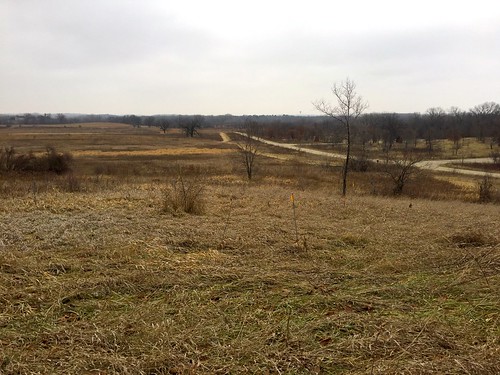"I find this column, and the many like it which the Times has published over the years, to be more than a little bit mystifying.... I feel no such void, and I rather doubt that many other atheists do, either. It has always seemed to me that the question should be reversed: why do religionists need to fill a perceived void that the rest of us don't feel? This life, this world, the values I hold, are quite sufficient for me; I feel no need to turn to some community professing belief in the supernatural to find meaning in life. I respect those who feel differently, but I do wonder why those professing belief need such an external reassurance of their own worth."
Top-rated comment at a NYT column
"Religion Without God," by Stanford anthroprof T. M. Luhrmann. Let me extract from the column what I think answers the commenter's question:
[T]he British Humanist Association... sponsors a good deal of anti-religious political activity. They want to stop faith-based schools from receiving state funding and to remove the rights of Church of England bishops to sit in the House of Lords. They also perform funerals, weddings and namings. In 2011, members conducted 9,000 of these rituals.
So there are 2 (
entirely divergent) needs : 1. anti-religion political activism, 2. rituals.
ADDED: I think many of the people who don't believe but want ritual in their lives simply continue to attend a traditional house of worship, perhaps keeping within the religious sect of their parents or grandparents or moving into the sect of their spouse. One might also enter a traditional place of worship that is nearby and seems beautiful in some way, perhaps because of the liturgy or the music, perhaps because of an eloquent minister and a compelling congregration.
And people with political needs also choose traditional religion without necessarily believing the metaphysical aspects. President Obama is the best example of that. As
I wrote a few years ago, citing
"Dreams from My Father," chapter 14:
While working as a community organizer, Obama was told that it would "help [his] mission if [he] had a church home" and that Jeremiah Wright "might be worth talking to" because "his message seemed to appeal to young people like [him]." Obama wrote that "not all of what these people [who went to Trinity] sought was strictly religious... it wasn't just Jesus they were coming home to." He was told that "if you joined the church you could help us start a community program," and he didn't want to "confess that [he] could no longer distinguish between faith and mere folly." He was, he writes, "a reluctant skeptic." Thereafter, he attends a church service and hears Wright give a sermon titled "The Audacity of Hope" (which would, of course, be the title of Obama's second book). He describes how moved he was by the service, but what moves him is the others around him as they respond to a sermon about black culture and history. He never says he felt the presence of God or accepted Jesus as his savior or anything that suggests he let go of his skepticism. Obama's own book makes him look like an agnostic (or an atheist). He respects religion because he responds to the people who believe, and he seems oriented toward leveraging the religious beliefs of the people for worldly, political ends.
Of course, if your political agenda is
anti-religion, you're not going to take this path. And you're not going to get elected to much of anything.





















